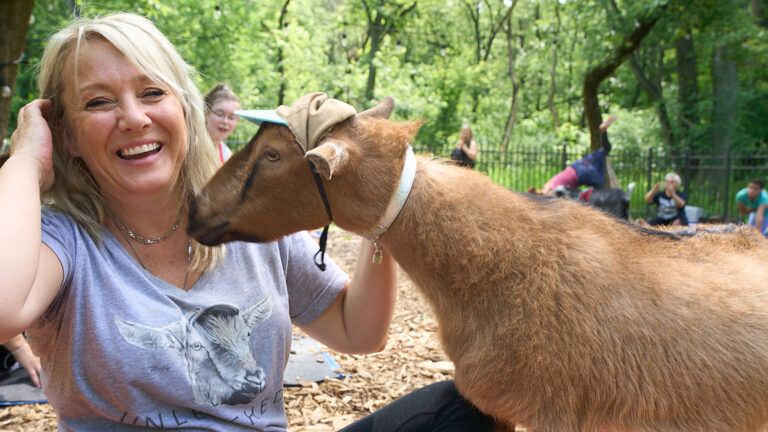With new information coming out each day about the coronavirus (Covid-19), it’s hard to keep up. While we’re all stocking up on food, working from home and following specific hygiene and social distancing guidelines, our pets having no idea what’s going on. Are our furry friends at risk? Can they pass the virus along? How are their lives affected? Here’s what you need to know.
Can my pet catch or spread the coronavirus?
According to the World Health Organization (WHO), “there is no evidence that a dog, cat or any pet can transmit Covid-19.” While the virus is more directly transmitted through a person’s saliva or mucus (think kiss, sneeze or cough), touching a contaminated surface or object (otherwise called a “fomite”) could also lead to infection. Your pet’s hair is a porous and fibrous surface, making it an unlikely fomite for transmitting the virus.
Should I interact with my pet differently?
“If you’re not ill with Covid-19, you can interact with your pet as you normally would, including walking, feeding, and playing,” says the American Veterinary Association (AVA). If you’re sick, have another family member in the household care for your pet. But if you’re alone or have a service animal, the AVA advises to “wear a facemask; don’t share food, kiss or hug them; and wash your hands before and after every contact with them.” Plus, wash your pet’s food and water bowls and bedding, keep your distance from others while walking your dog and avoid petting animals other than your own.
How should I prepare if I’ll be quarantined with my pet?
The American Society for the Prevention of Cruelty to Animals (ASPCA) recommends creating a pet emergency kit, including two weeks’ worth of pet food, a 30-day supply of medications, and other items like kitty litter. Call your veterinarian to request more medication if your pet’s prescription is running low. Designate an emergency caregiver “in the event you are unable to care for your pet,” encourages the ASPCA. And write up important information—medications, food, behavior, vet contact—about your pet for that person. Lastly, postpone annual vet visits, vaccinations and elective surgeries, and find out if your vet is offering any telemedicine services where you can discuss concerns about your pet via phone or video.
It’s an uncertain time as the coronavirus continues to be researched, the CDC states, adding that “at this point, there is no evidence that companion animals, including pets, can spread Covid-19.”






